Nonfiction for Young Adults Awarded ... and Rewarding
| One of my favorite books as a child was Thor Heyerdahl's Kon-Tiki. I loved the adventure, the gripping storytelling, the do-or-die possibilities, and the chance to journey vicariously while safe and dry in my own bedroom. I knew exactly where this book was shelved in my school library and I knew I could renew it only two times (library rules ... sigh). Kon-Tiki was a riveting survival story. Dramatic. Satisfying. And it was nonfiction. [I'm well aware that as a reader today I find Heyerdahl's interactions with and descriptions of the South American and Polynesian residents cringe-worthy in their cultural biases. The expectations for nonfiction today won't tolerate this.] |
What I'm promoting is stellar nonfiction written for today's teens. The best-of-the-best nonfiction bear shiny stickers that didn't exist during my reading love affair with Kon-Tiki; awards such as the YALSA Award for Excellence in Nonfiction (and the Sibert and Orbis Pictus Awards). Ten short years ago the Young Adult Library Services Association (YALSA), a division of the American Library Association, granted this nonfiction award for the first time. On Monday, January 26th, the winner of the 2020 award will be announced. Guaranteed, it'll be a book that's totally satisfying, accurate in its information, engaging in how it's presented, and likely to captivate teen readers who often find the complexities of real life far more interesting to read about than fiction.
A bit about the YALSA Award for Excellence in Nonfiction:
The purpose of the award is to recognize the importance of the genre, to promote the growing number of nonfiction books published for young adults, and to inspire wider readership of nonfiction. A committee of nine members reads, discusses, and narrows down from a long list of possible titles to a short list of finalists, based on criteria established for excellence in nonfiction. If you're interested in learning more about the criteria, as well as this award, go to http://www.ala.org/yalsa/nonfiction-award. If you want to nominate a nonfiction book written between Nov. 1, 2019 and Oct. 31, 2020 the committee will receive your recommendation, but it must be submitted on the official suggestion form and offer a convincing rationale and summary of your nominated title. http://www.ala.org/yalsa/nonfiction-award-suggestion-form
Finalists for the 2020 YALSA Award for Excellence in Nonfiction:
In his debut memoir, Rex Ogle tells the penetrating truth about his family’s experience with poverty, his embarrassment and shame of being a "free lunch" kid, and the lingering effect is has on their relationships. The voice and emotion of a middle schooler is clear and powerful in this story of trauma and resilience and he displays a balance between violence and levity. Ogle doesn't sugar-coat the cruelty of poverty and abuse, but does offer realistic optimism and believable hope. Often uncomfortable to read, Free Lunch invites conversations about the burden of chronic poverty in the United States, where 43% of children live in low-income families.
Lynn Curlee's striking portraits and engaging prose introduces Vaslav Nijinsky, a wild and free dancer who rapidly ascended to stardom before succumbing to mental illness. Unencumbered by sexuality and gender norms, Nijinsky's life and personality was both extravagant and tragic. What makes The Great Nijinsky notable is the combination of Curlee's illustrations, the book's stunning design, and the uncompromising frankness of the writing. Niinsky's personal story begs the question of whose life is worthy of a book and pushes the boundaries of biographies written and published for young adults.
In another untraditional biography, Albert Marrin's A Light in the Darkness presents a heart-wrenching look into the history of WWII set in the Warsaw Ghetto. Marrin weaves together the philosophies and actions of two starkly different people: Doctor Janusz Korczak, a pediatrician-turned-orphanage-director who championed children’s rights, and Adolf Hitler, a racist fanatic who designed policies that led to the manipulation and murder of children. Complicated and masterfully told, this meticulously documented story raises questions about good and evil and is likely to provoke conversations about current events and policies.
Award-winning historical fiction writer Elizabeth Wein turns to nonfiction to introduce corps of female Russian aviators who fought in World War II as pilots, mechanics, and navigators. Wein uses rich details, compelling personal stories, and thrilling accounts of the lives of these airwomen to reveal "How come I didn't know that?" history and showcase how restrictive misogyny and societal norms can be overcome. Teens will be drawn to the bravery and camaraderie of these women and their dedicated duty to serve. The intention and perseverance necessary to change history is grounded in Wein's extensive research for A Thousand Sisters.
In a previously untold historical account of hope and heartache from the 1940s, Deborah Heiligman's Torpedoed recounts the story of a passenger ship setting sail from Britain, carrying 200 passengers, many of them children hoping to escape the dangers of war. Unexpectedly, the ship was struck by a torpedo, and a race to save the passengers began. Like compelling fiction (which it is not!), this page-turner tells the harrowing true story of ordinary people under extraordinary circumstances and shows how tragedy can -- and did -- bring out the best in people. Heiligman's four years of research and extensive back-matter confirms the accuracy and authenticity of this true story.
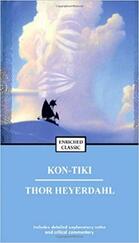
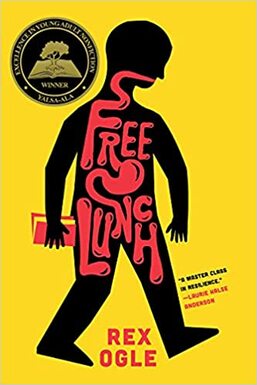
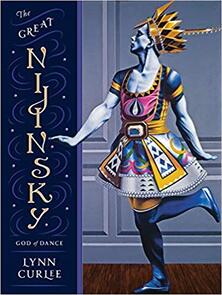
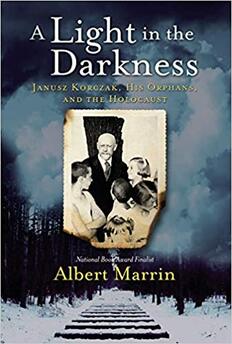
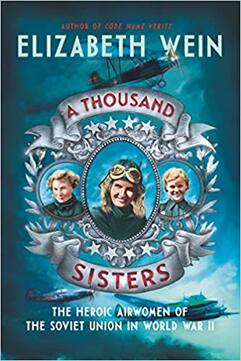
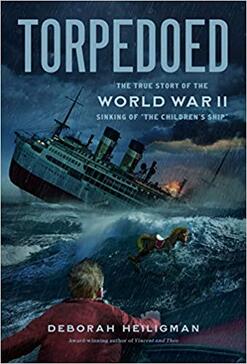

 RSS Feed
RSS Feed